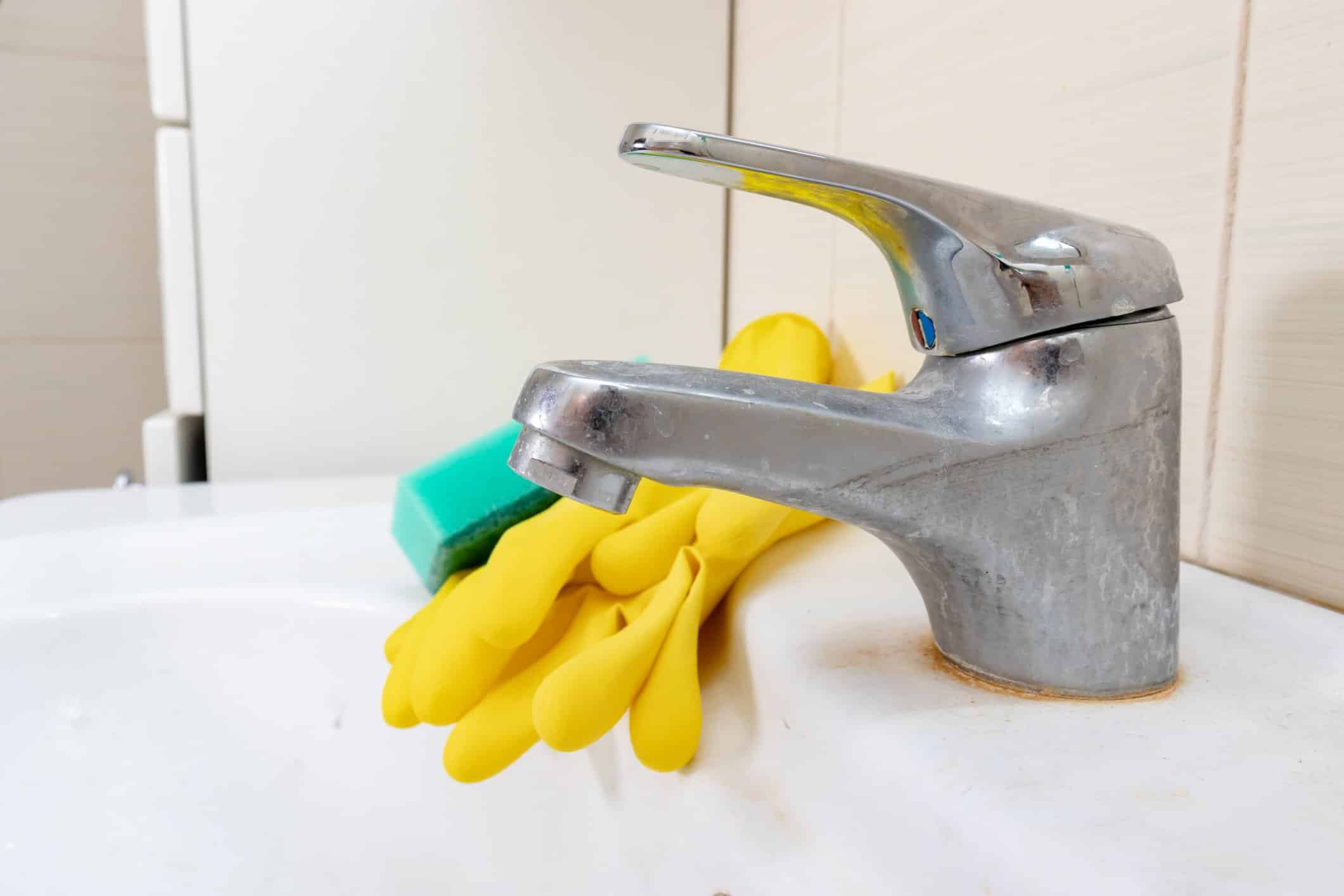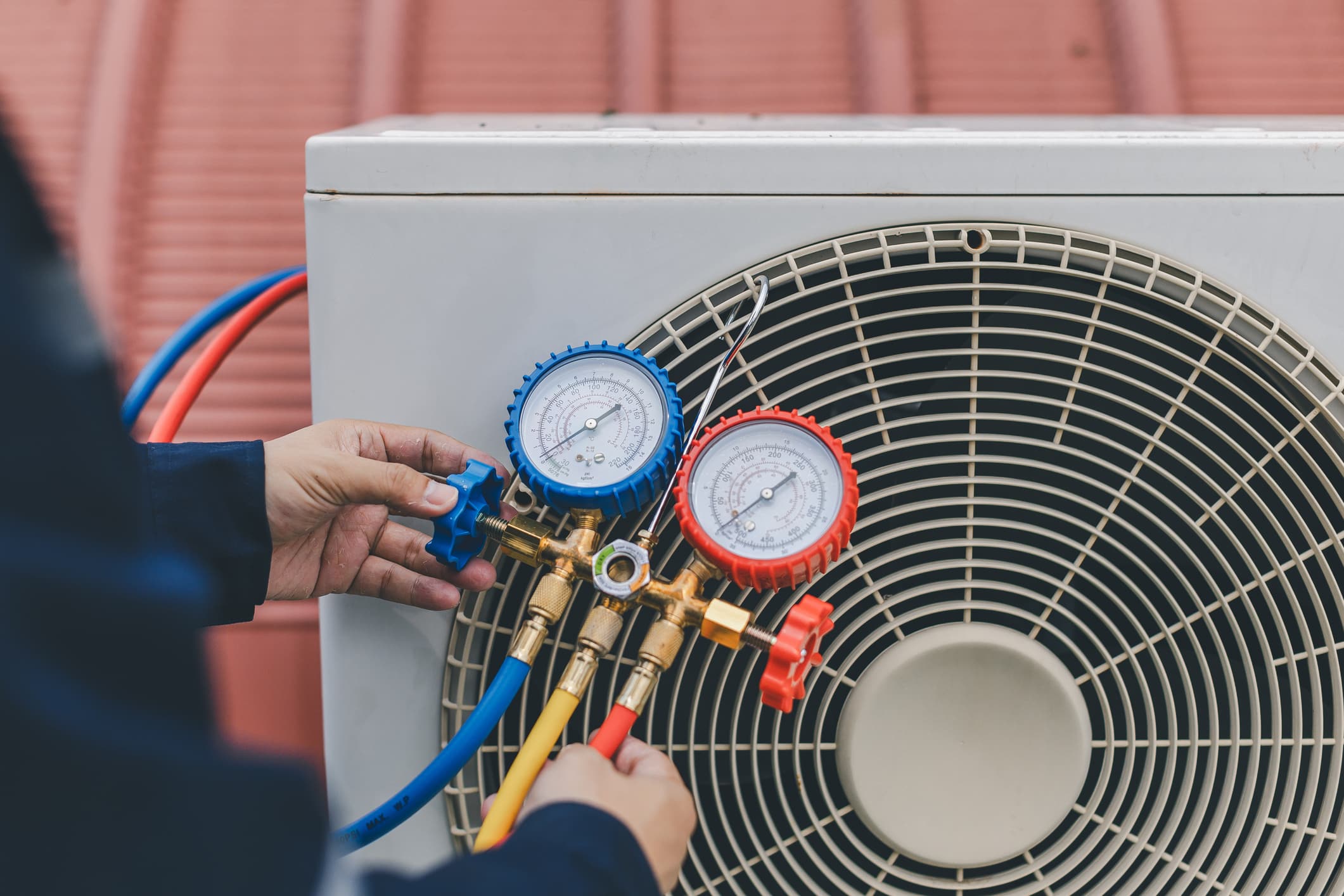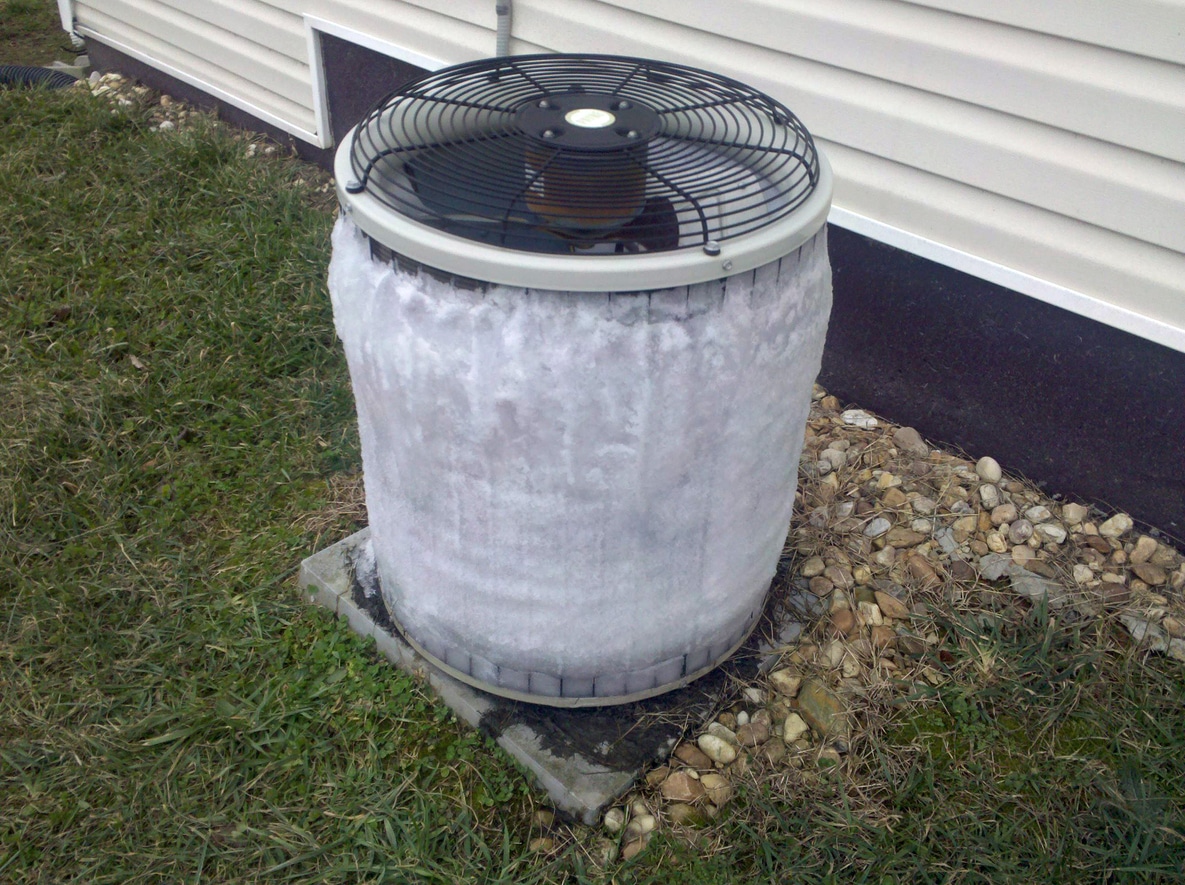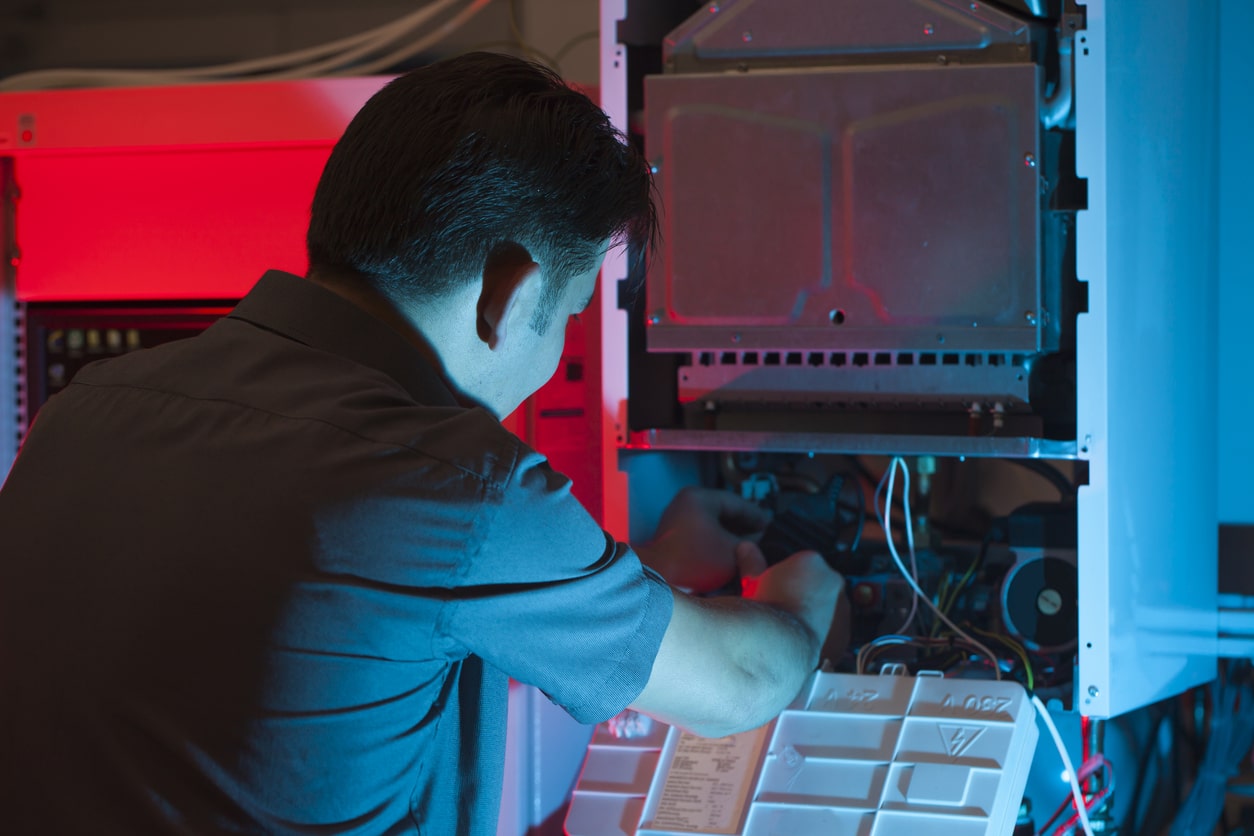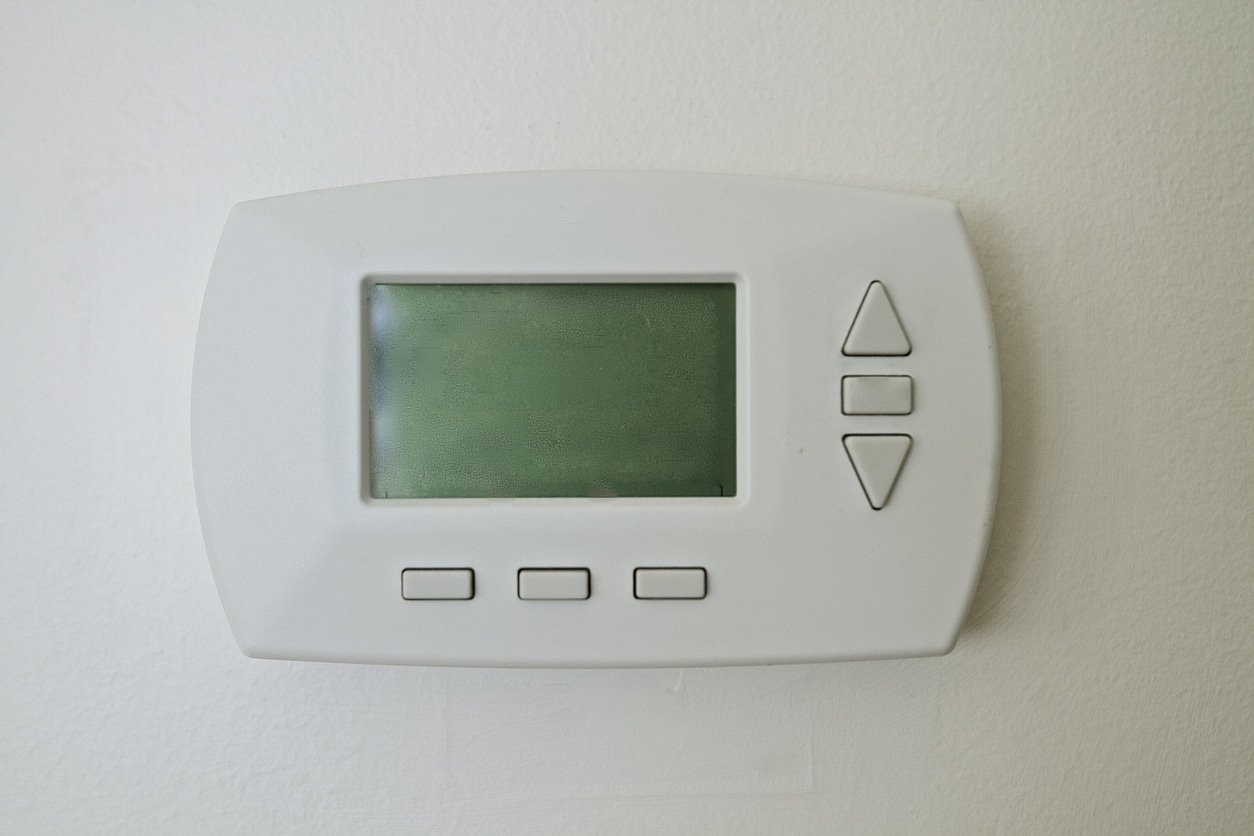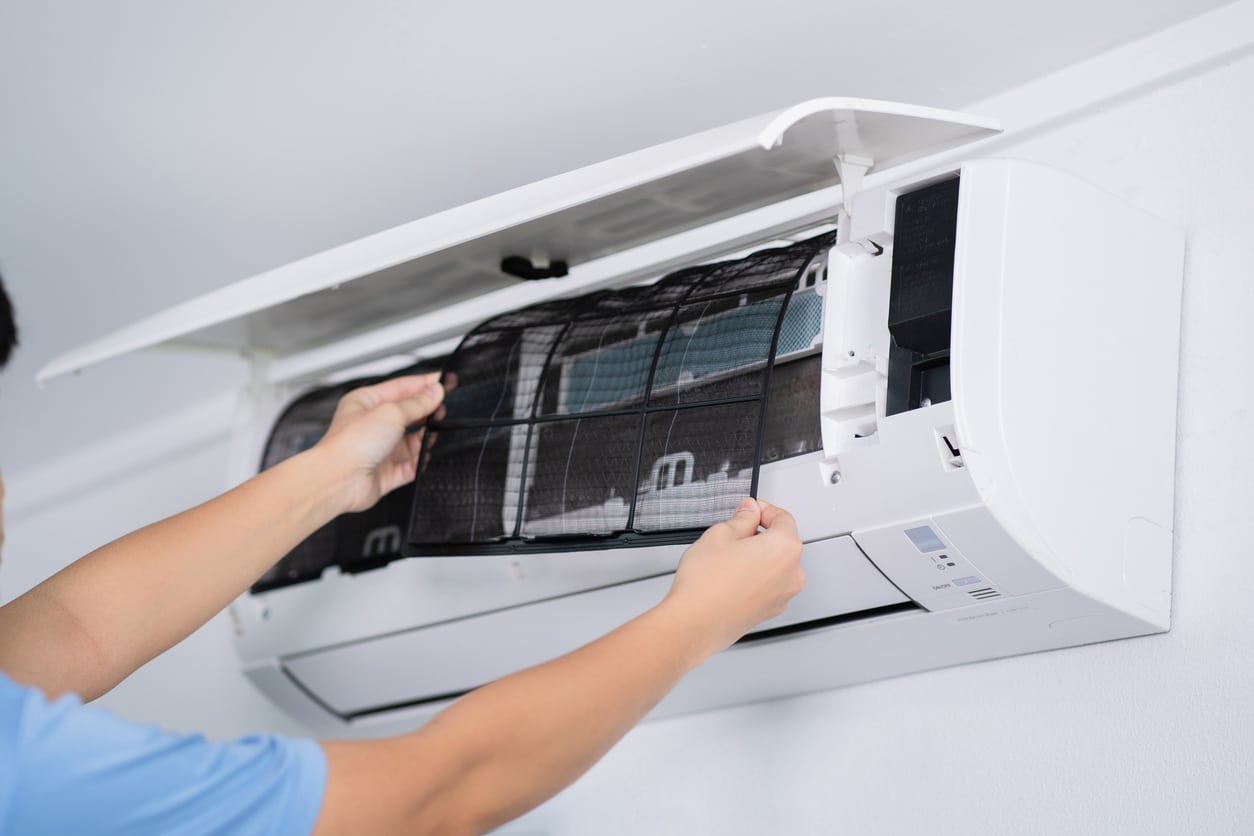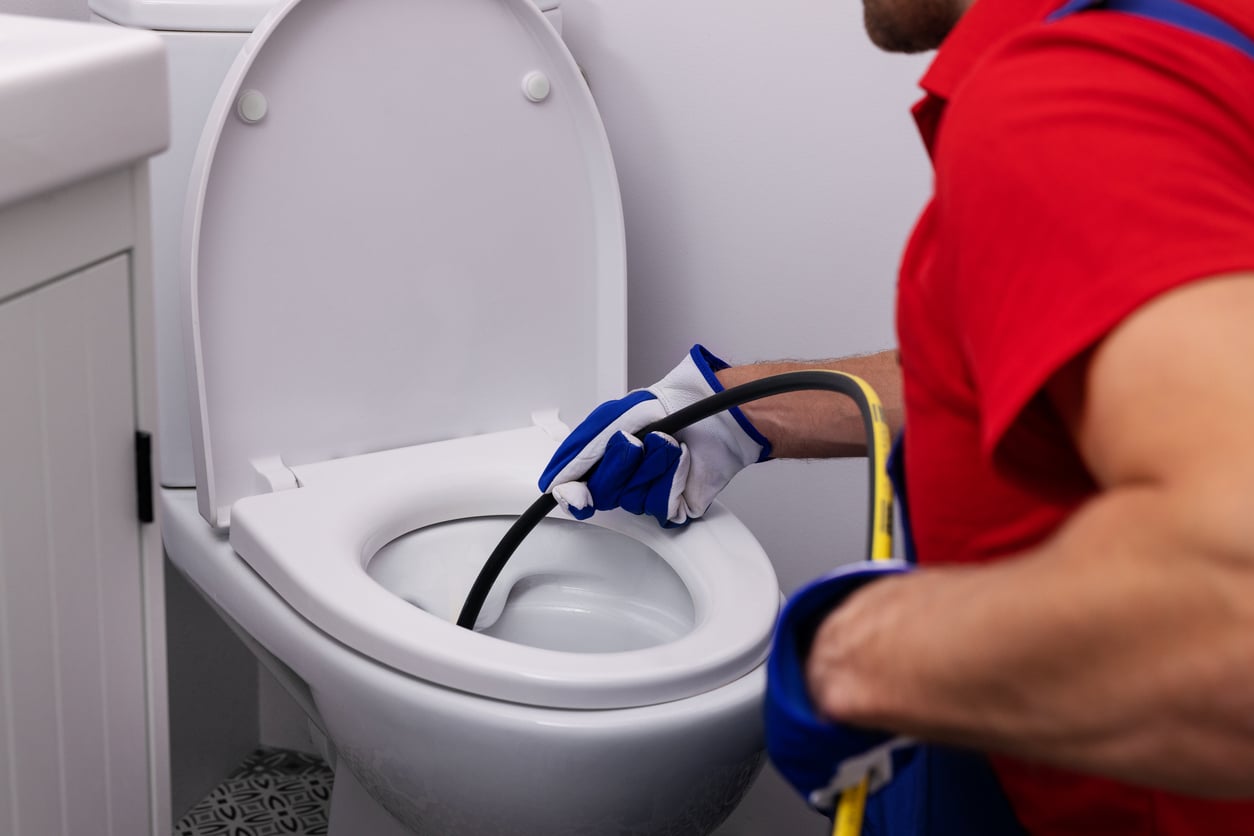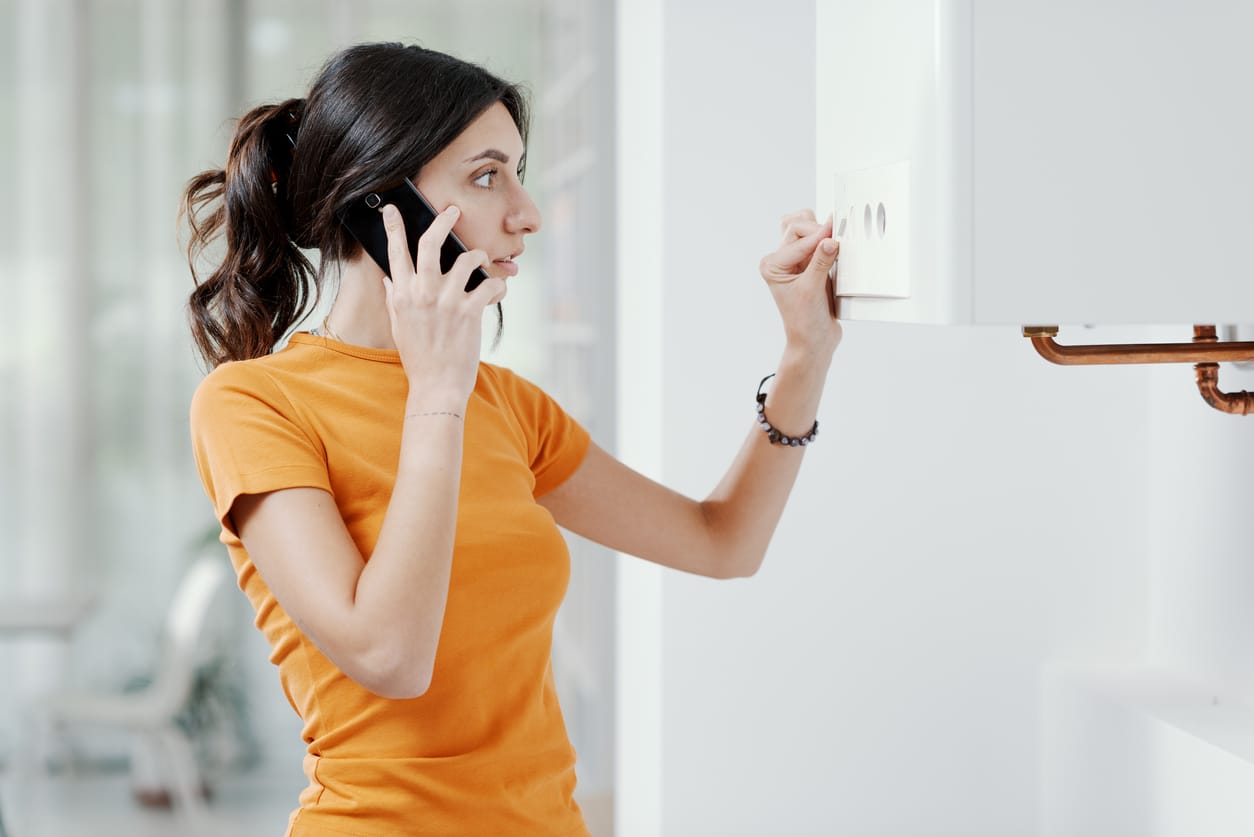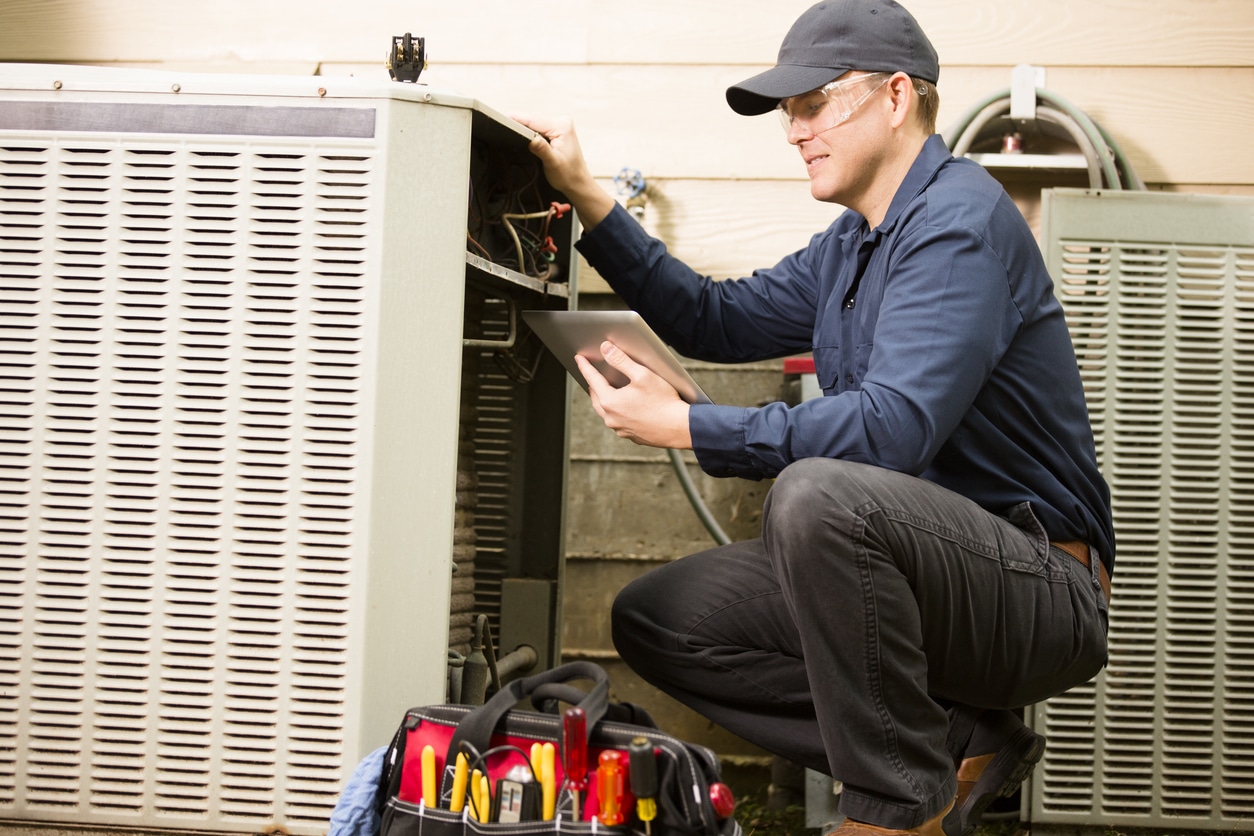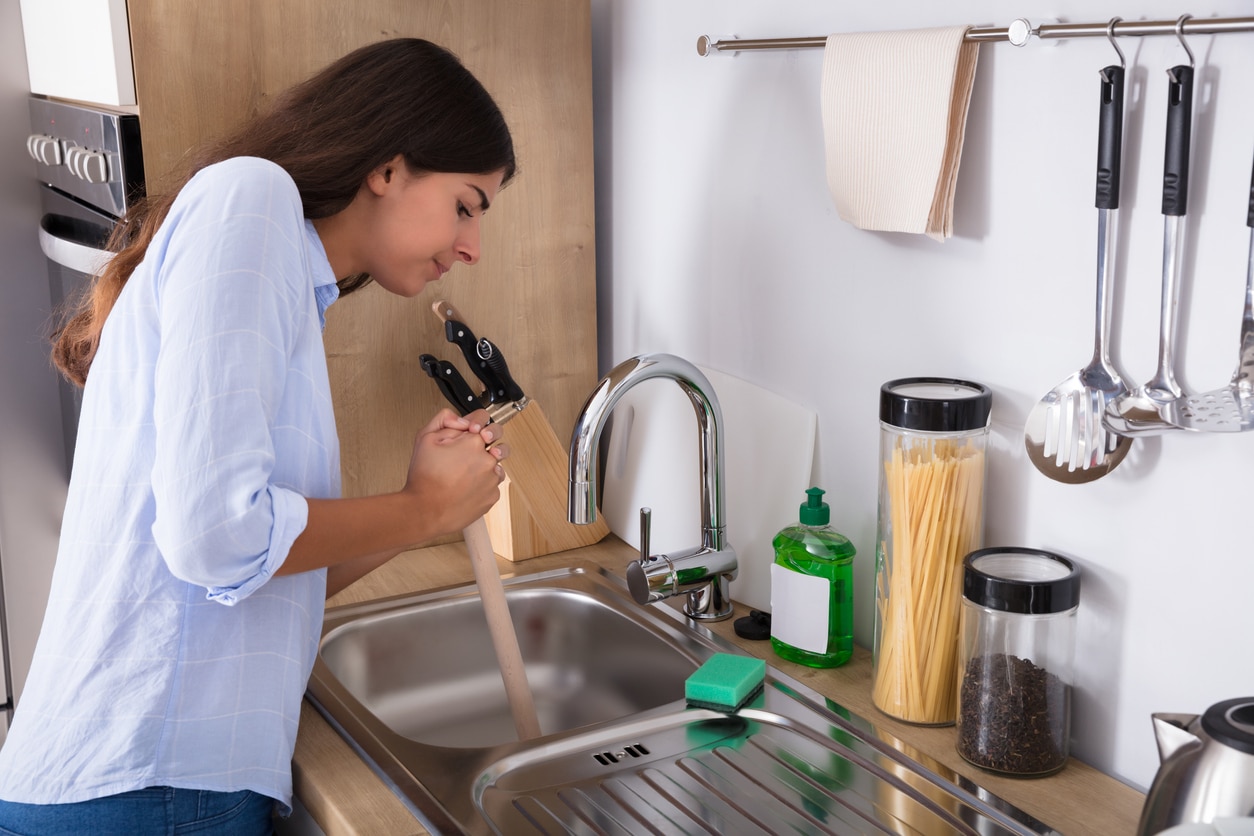Living with hard water in Dundalk is frustrating, to say the least. Your clothes won’t clean easily, you might have dry skin, and you could have cloudy glassware. But, in addition to affecting you, the hard water could affect your home. Because of the limescale build-up in your bathroom plumbing, your taps and showers could become unsightly. If you don’t want to have stains in your home, you need to regularly clean off your taps and showers.
What Causes the Hard Water Stains?
Hard water occurs when there are high concentrations of calcium and magnesium in water. Although you can drink hard water, the mineral content makes it difficult for you and your home. When you wash your body and your clothes, the minerals react with the soap. People with hard water often notice that their hair is dry, their dishes are cloudy, and much more. Whenever you run the water in a tap or fixture, the minerals accumulate. At first, you won’t notice anything. But as time goes by, the minerals build up and become noticeable. They leave behind a chalky, cloudy deposit.Because hard water doesn’t work well with soap, it’s not easy to clean taps and showers that have been affected by hard water. If you try to scrub off limescale with regular soap, you will be scrubbing away for days. The only way to effectively remove the scum from hard water is to use a more effective method.How You Can Remove Hard Water Stains
There are several techniques you can use to remove hard water stains from your taps and showers. Typically, one of these methods will work:Use a High-Grade Stain RemoverIf you have hard water stains, you should consider using a high-grade stain remover. You can’t head into your local dollar store and expect to find a product that works. Instead, it would help if you looked online for an effective limescale remover. Before you buy a product, read customer reviews. You should also read the directions with care. Many of the cleaners use harmful chemicals, which could put you in danger. Follow the directions, paying special attention to the safety instructions. White VinegarIf you’re interested in a more natural approach, you can use white vinegar on your taps and showers. Fill a bucket halfway with water, then pour in vinegar until it reaches the top. After you mix up the solution, spray it over all of your dirty surfaces. The vinegar loosens the minerals, which then allows you to scrub off the stains. For very stubborn stains, you can try soaking the showerhead or tap in vinegar. Take a cloth covered in vinegar and allow it to sit on the minerals for several hours. After allowing the tap or showerhead to soak, take a wet cloth and wipe off the minerals. It may take some elbow grease and a few attempts for this to work. Baking SodaThis is another natural approach to stain removal. If you can’t get rid of the mineral deposits, take some baking soda and make a paste. A little baking soda and water go a long way. Place the paste on an old toothbrush and rub it onto the stained taps and showerheads. Although you might be tempted to scrub away at the stains, don’t start scrubbing yet. Leave the paste on the affected area for 12 hours. Then, scrub the paste away and rinse the area with water. If you forget to rinse the tap or showerhead, you will have white streaks on your taps and showerheads.Preventing Hard Water Stains
You don’t need to allow hard water to affect your life. If you have hard water, you can take action to soften it. One way in which you can do this is to use a water softener. Essentially, a water softener is a filtration system that takes calcium and magnesium out of water. When the water flows through your system, it filters out the minerals and comes out softer. You have a few options when it comes to water softeners. For instance, you can use a faucet water softener. This only softens the water that comes through the faucet. Some models sit on the faucet itself, while others go under the sink.Another option is a whole home water softening system. As you might expect, this type of system is much more expensive than a faucet water softener. When the water reaches your home’s main supply line, it softens and then makes its way into your plumbing system.
Other Forms of PreventionThere’s not much else that you can do about hard water besides using a water conditioner. While a water softener removes minerals from the water, a water conditioner changes the makeup of the minerals. Instead of accumulating on your plumbing, the minerals disappear down the drain.There are disadvantages to using water softeners and water conditioners. However, the alternative is to have hard water and all the problems that come with it. If you have hard water, you will need a emergency plumbing service near me frequently. Steel pipes don’t work well with hard water, as they can accumulate minerals and develop major clogs.Thanks to a water softener, you may be able to prevent major plumbing repairs. So, as much as you might scrub away at your hard water stains, there are other less apparent consequences of hard water. Address Hard Water in Your Bathroom Plumbing
Do you have hard water? If so, it may be time to talk to a plumber in Dundalk. You could have major clogs in your plumbing or other serious problems. To prevent hard water from ruining your home, you should consult with a plumber about your hard water. In addition to checking your pipes, the plumber can discuss ways in which you can soften your water.
The next time you need help with your bathroom plumbing, call us at Reliability Home Services. We’re here for you and your family. You can trust us to handle all of your plumbing issues. (443) 399-8663
